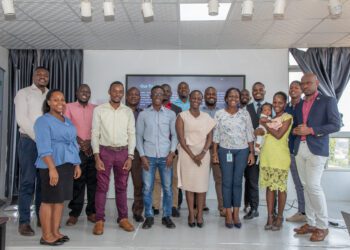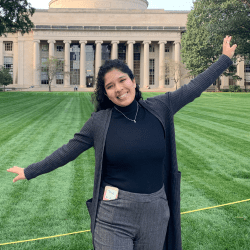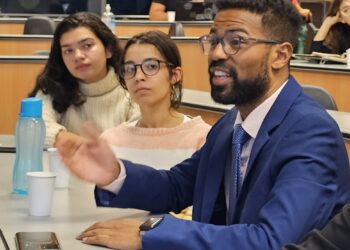By Kabir Jangam, ALP ‘22 Cycle One
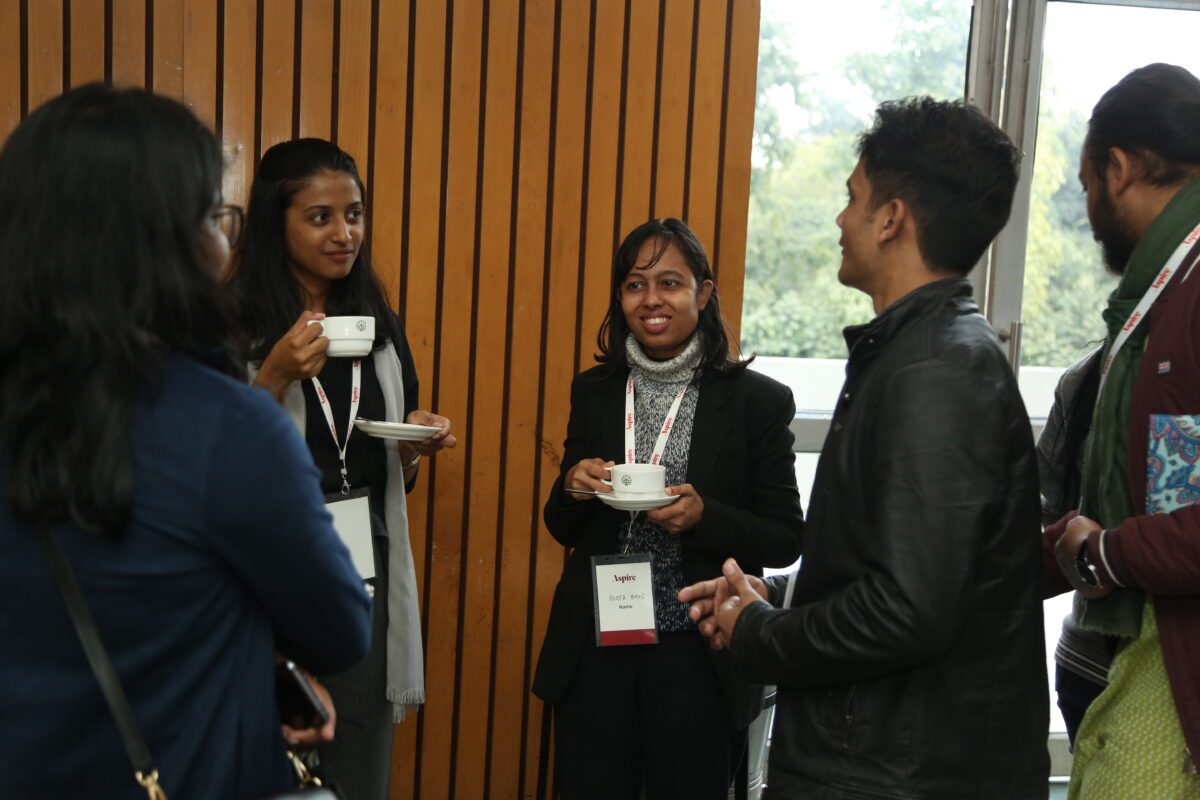
On January 24, the most awaited event for the Indian Aspire alumni clan, ALP Alumni Field Day, took place at the India International Centre in New Delhi. Over 30 students traveled from different parts of the Indian subcontinent to show their gratitude for Aspire and meet their peers along with world-class leaders – the aura was welcoming and warm, contrasting the winters in Delhi.
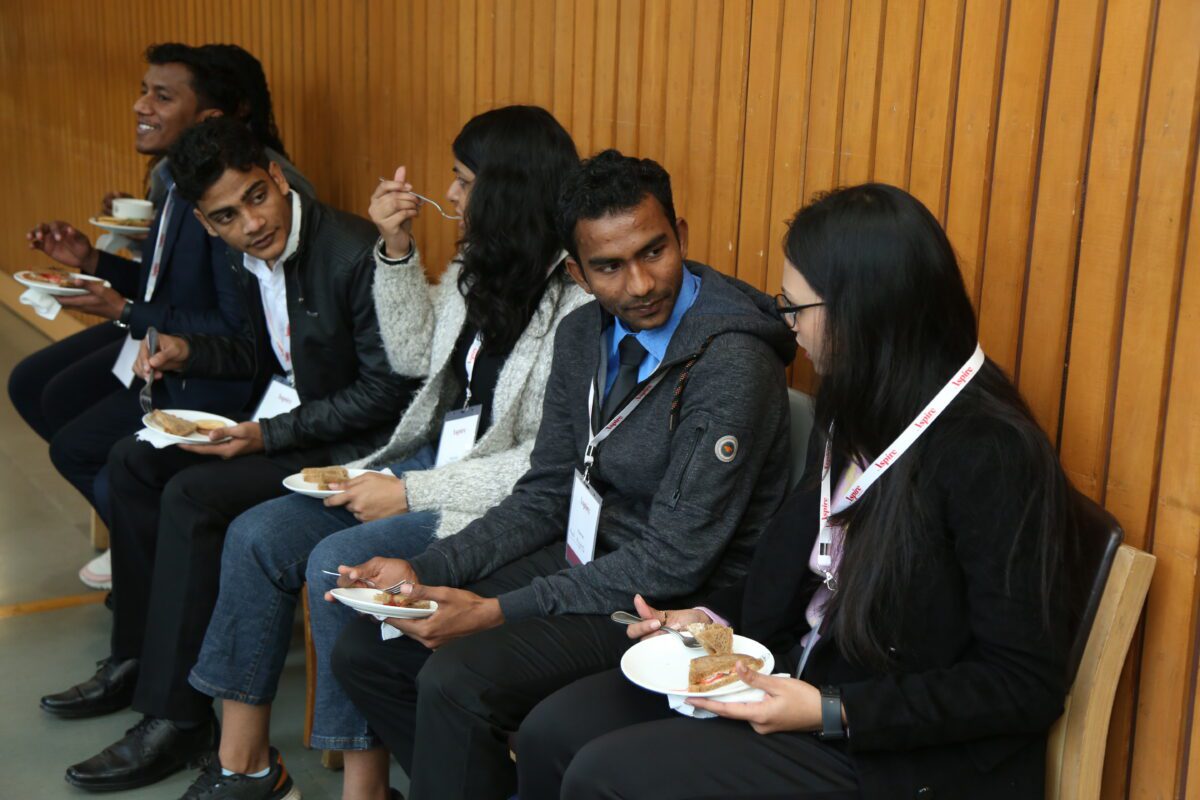
After a casual introduction among the alums over breakfast, Meena Sonea, Executive Director of Aspire Institute, took us through Aspire’s journey so far – the developments and changes that occurred and how organically the program grew over the years. Alums from the very first batch of the ALP shared their experience of the program conducted in Dubai while fresh alumni shared their experiences, highlighting discrete details. Everybody in the hall had something to offer in the conversation and was overwhelmed to finally meet their peers and engage in a lively exchange of ideas.
Field Trip to Humanitarian Nonprofit
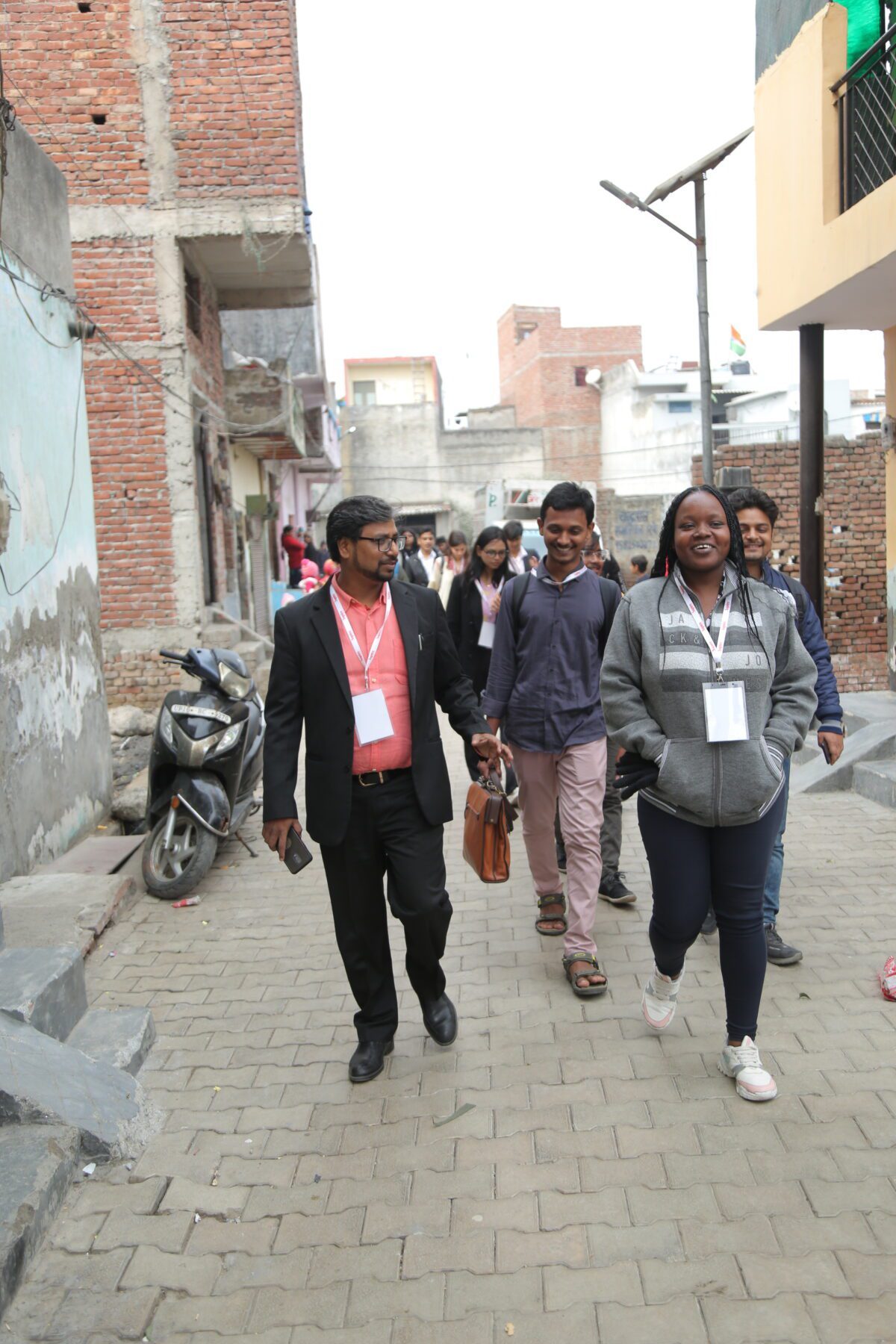
We headed out to Arthala, a remote, underdeveloped town in the Ghaziabad district, to visit a branch of Kinship for Humanitarian Social and Holistic Intervention in India (KHUSHII), an independent nonprofit organization working toward human development, especially of women and children across India.
In this mere 650 square feet facility run by women from the locality, there are three rooms that make up a sanitary napkin manufacturing and processing plant and menstrual hygiene awareness center. KHUSHII representatives, Geetanjali and Kavita, took us through the facility’s purpose and manufacturing process. We were told similar projects have been running for the last 19 years in 12 states across the country.
The alumni witnessed the manufacturing process from scratch, which involved a sanitary napkin making machine, a UV-based sterilizer, and the packaging process. After getting acquainted with the cause and technique, students engaged in a Q&A session with KHUSHII representative, Geetanjali.
Alums wanted to know why KHUSHII chose this particular problem statement. Geetanjali explained that there are a considerable number of early teen, female school dropouts because of the menstrual cycle – and menstrual hygiene is one of the major causes of cervical cancer in India. Therefore, spreading awareness to the entire community, not just women, proves critical.
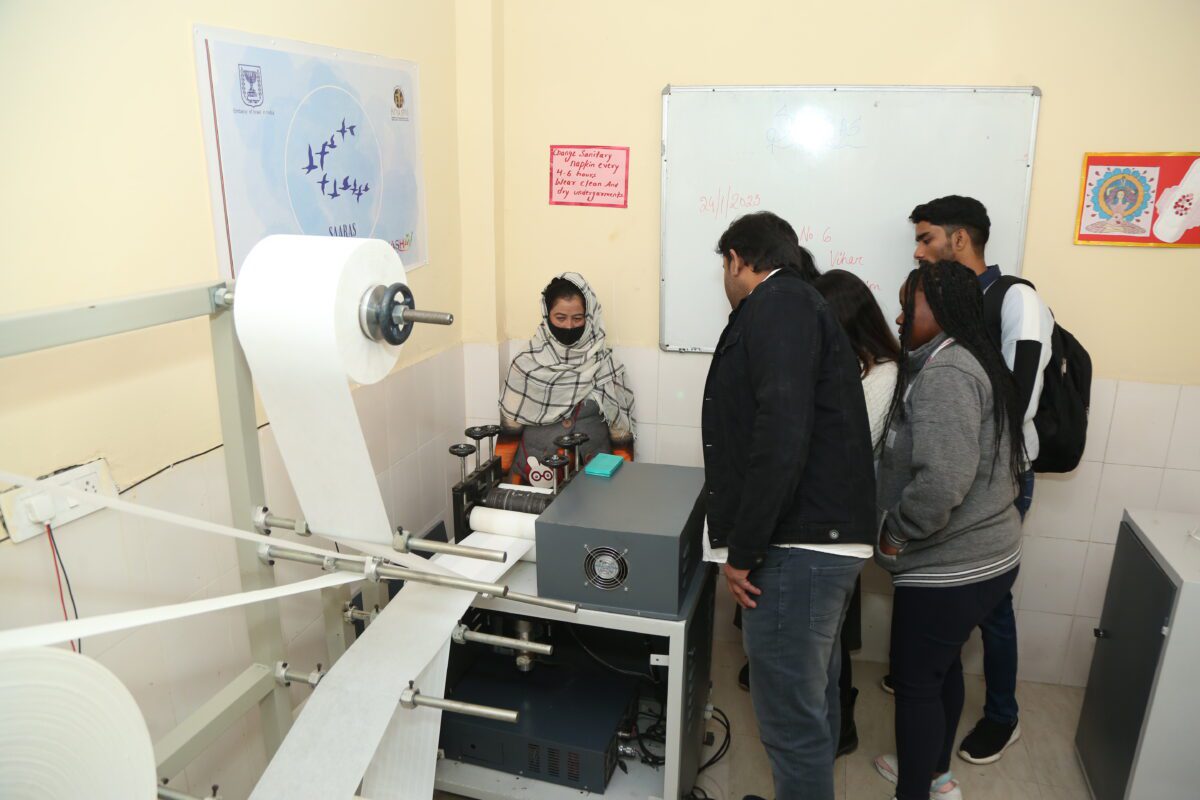
This initiative is completely sustainable as it is ‘for the women, by the women.’ This encourages social entrepreneurship and makes women self-dependent. Geetanjali added that KHUSHII also works in other humanitarian domains like skill development, entrepreneurship, and education.
Aspire Institute India Country Affiliate, Anil Nair, asked about the challenges that KHUSHII initially faced when starting this initiative. Gitanjali pointed out that communication and marketing were the most significant challenges. A conversation about menstruation is taboo in India, and is a societal challenge due to gender bias. With perseverance, hard work, and dedication toward the cause, KHUSHII has progressed, yet slowly. Their product continues to gain repeated users among the locality and buyers at retail spaces. A certification of the product is in the process, and this will help tackle some challenges they have in this market.
After lunch, Meena Sonea engaged alumni in a discussion on the KHUSHII case further. A very rational debate took place on the failure and success of a non profit initiative. Sonea explained that “you only know when you go” about the importance of visiting to analyze and enhance the setting of a humanitarian initiative in all possible directions.
Conversation With MIT Professor, Chintan Vaishnav
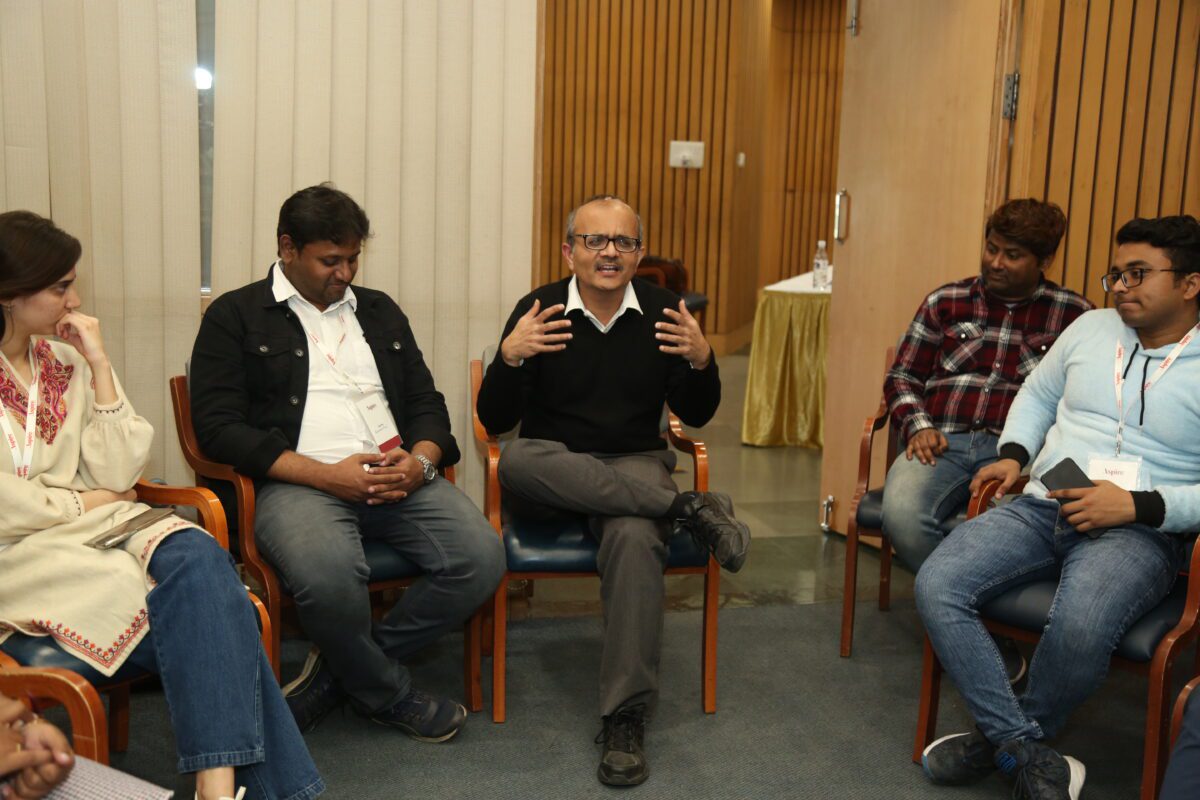
Alumni shared a conversation with Chintan Vaishnav, Mission Director, Atal Innovation Mission and Professor, MIT. He acknowledged his privileged background with parents who were doctors and expressed his pride in his Gandhian roots.
Vaishnav described himself as just another tech graduate in the late 90s and outlined how his experience as an intern at ISRO allowed him to enhance his critical thinking skills and ignite his curiosity. After completing his undergraduate degree, he joined Bell Labs as a member of the technical staff, working on chip design and communication networks. He enjoyed the absence of hierarchy at Bell Labs and felt this allowed for a free flow of ideas. However, he realized that the innovation at Bell was not solving humanitarian problems such as hunger, poverty, or inequality.
In the late 2000s, Vaishnav decided to attend MIT and focus on how engineering can solve societal problems. Together with philanthropist Ratan Tata, he formed the Tata Center for Technology and Design at MIT for people in technology to adapt and solve societal problems. After years focused on this initiative, he transitioned to the Atal Innovation Mission (AIM). AIM is the government of India’s flagship initiative to create and promote a culture of innovation and entrepreneurship.
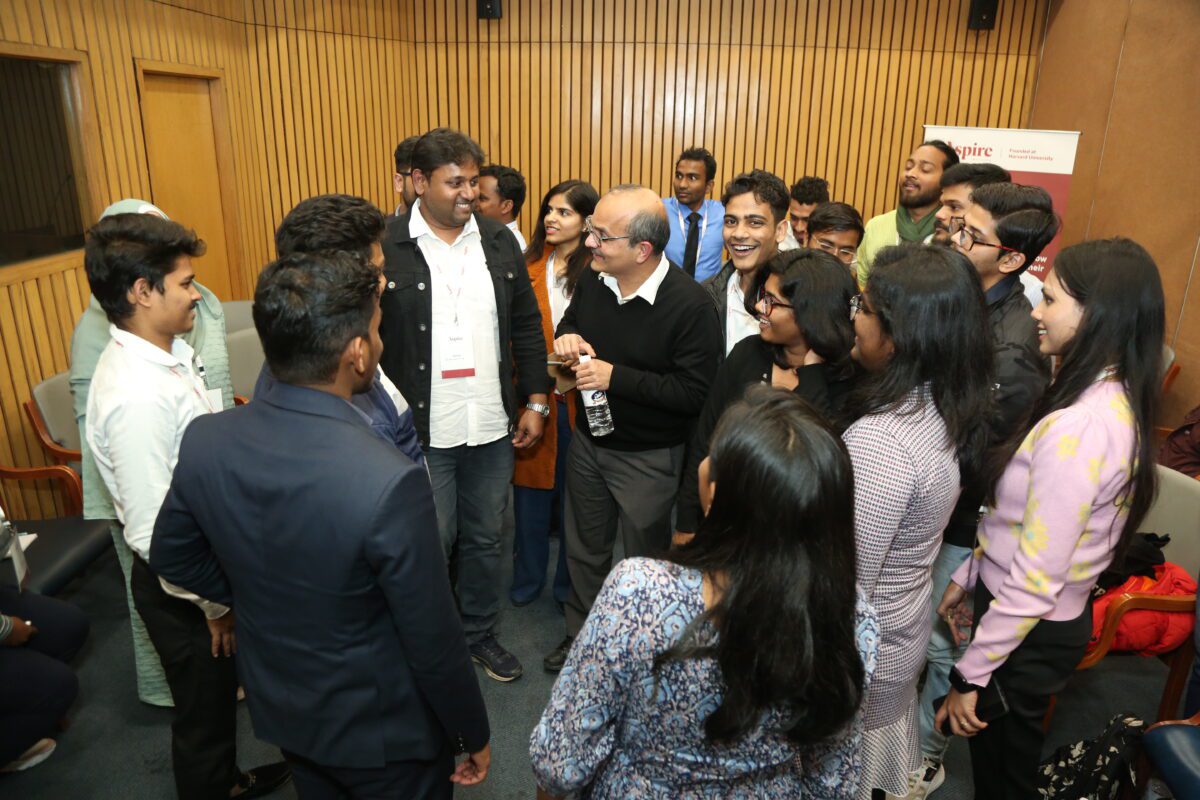
Saket, an alumnus from 2017, asked about his experience with bureaucrats and what difficulties he has faced.
“There is not active resistance to good ideas in the government of India, but there are layers and layers of complexities in the system – as there should be for such a diverse and vast country,” Vaishnav responded.
Sahil Nesar, an alumnus from 2022, wanted to know how a student can tackle problems.
“You have all the answers,” Vaishnav replied, believing that one should not stick to a particular domain as one question can have different answers across disciplines.
Vaishnav shared his personal approach, “CPR – Compassion, Proactive, and Research.” He explained how this bifurcates and makes the thinking process simple while validating thoughts and ideas at every step. He wished all the alumni good luck and hopes for future meetups.
Networking Session with India Country Affiliate
Anil Nair shared his perspective of Aspire Institute and his vision to develop this program in India, highlighting that a collective effort will help uplift more first-generation learners. Alumni responded with their own suggestions for the program.
Community Action Award recipient, Rohit Kushwaha, briefly explained his journey and told his peers about his project. This led to a brainstorming session among alumni, and everybody expressed willingness to help.
Special Event with Tarun Khanna and Varun Aggarwal
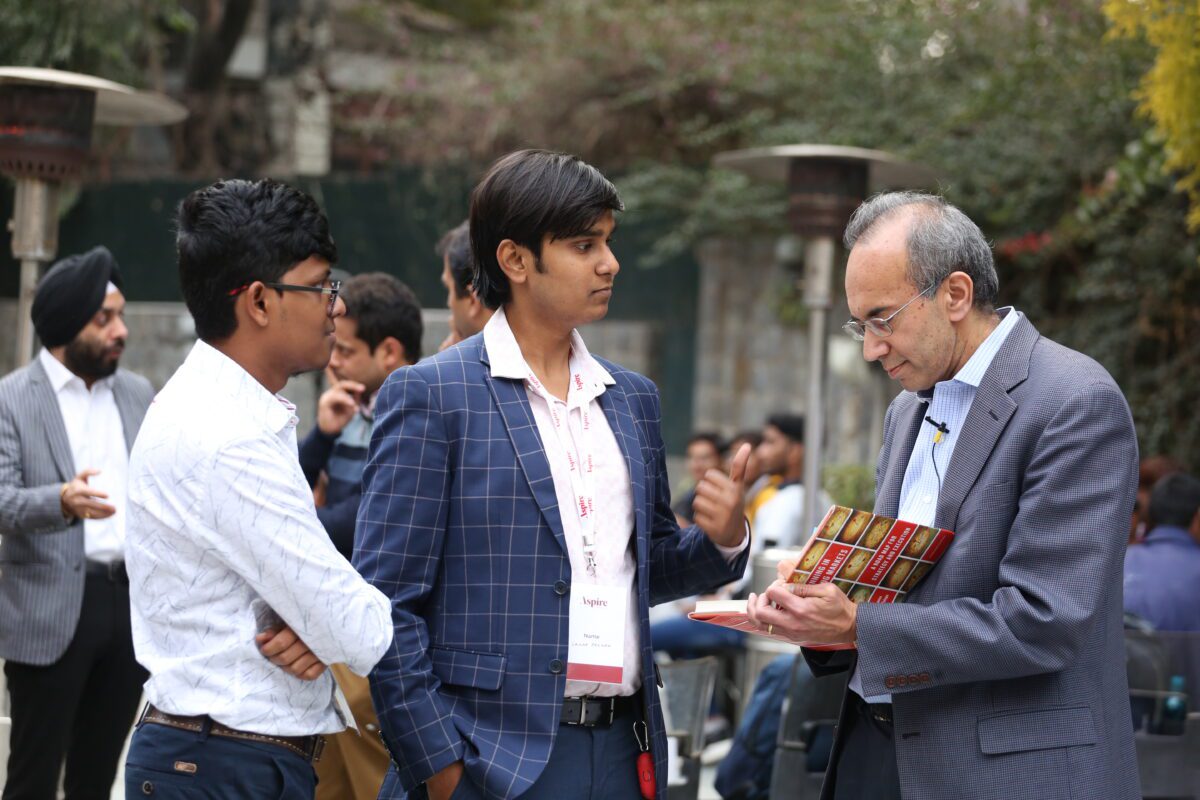
Alumni joined a wider public audience to hear from Co-founder of Aspire Institute and Harvard Business School Professor, Tarun Khanna, and Founder of Aspiring Minds and the India Science Foundation, Varun Aggarwal.
Khanna began by interacting with some of the very first alumni of the ALP and then conducting a short comparative study as he described the multistage process.
“This program is about bridging the gap privilege creates for students from average institutes in developing countries, but above all, I want to teach people to aspire,” Khanna said.
He mentioned the physical hubs developing around the globes and how they will engage alumni and endorse the program to local communities.
After Khanna’s introduction, Varun Aggarwal mentioned that he was the ‘joker in the room,’ leaving attendees puzzled.
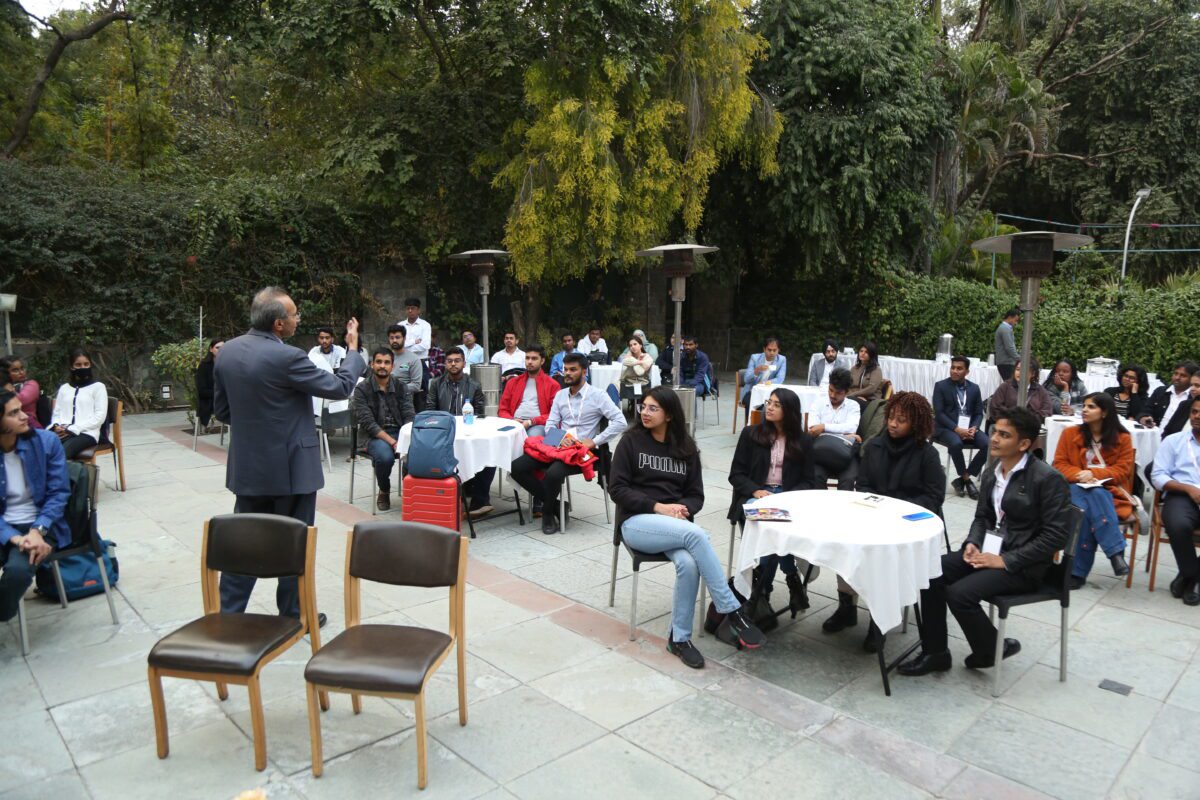
Aggarwal noticed that ragging, similar to hazing, was a prominent issue among engineering students in his undergraduate studies; yet, it was an issue nobody wanted to speak about and cases often went unrecognized. In order to ignite a conversation about this issue, he created a website for victims to share their experiences and represent the data statistically. This website created a web presence about ragging, and the data acted as solid evidence whenever an authority questioned its existence in colleges.
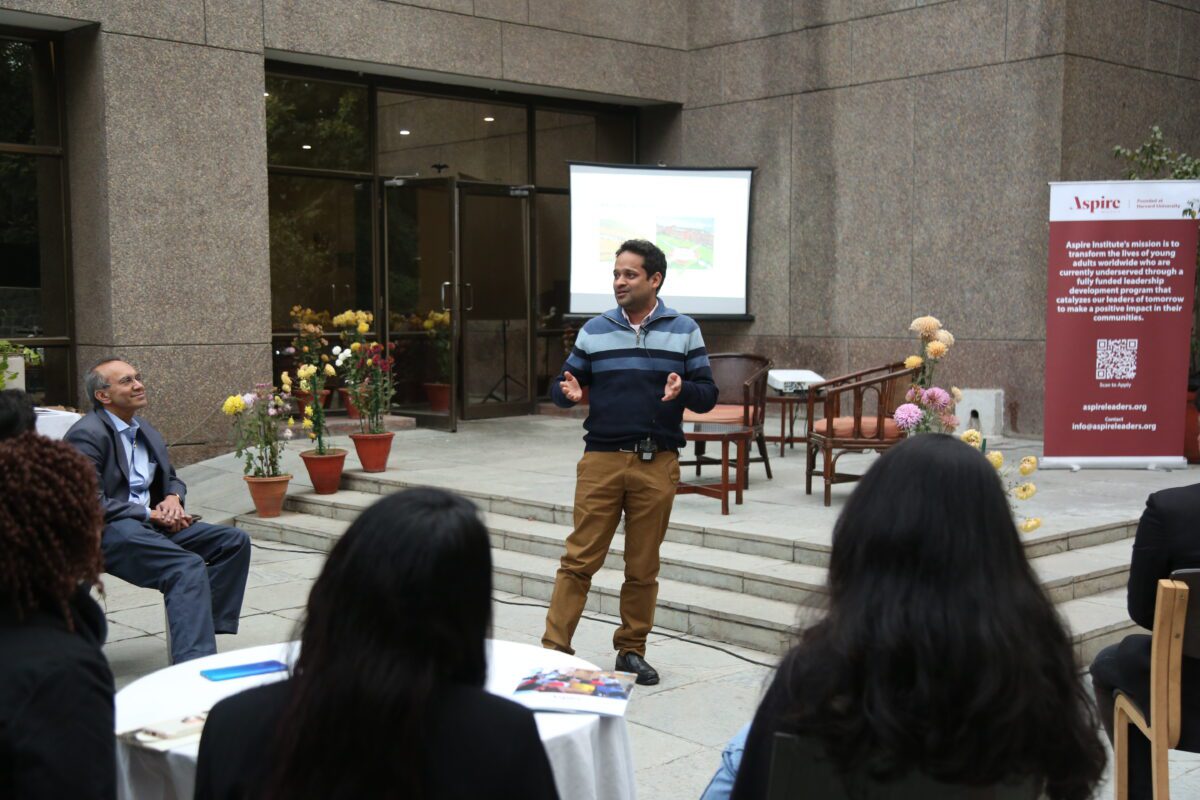
He feels the Aspire Leaders Program can teach students in a few months what it took him years in college to learn. For Aggarwal, a bachelor’s in engineering did not satisfy him; he wanted to explore more disciples of studies and pursue studies abroad. At MIT, he focused on multidisciplinary courses without losing sight of his routes. He even taught Hinduism at MIT and formed an India reading room to solve problems in the country.
In his career, he focused on the education sector and discovered that many students are not sure of their ability to study and work in a particular field. This inspired the creation of Aspiring Minds, an AI-based platform for students to determine their eligibility in their desired field of education.
While Aspiring Minds was just taking shape, there were many clueless moments in the AI space and a recession impacting many industries. Aggarwal spoke about the evolution of AI over the last decade and introduced his newer projects – the India Science Fest, MyNachiketa, and Change Engine: ACE. He also mentioned his books titled Leading Science and Technology: India Next? and Futurepreneurs: 10 Deeptech and AI Startups Redefining Tech in India.
Agarwal concluded that juggling the balls of exploration and trying new things makes him the “joker in the room.”
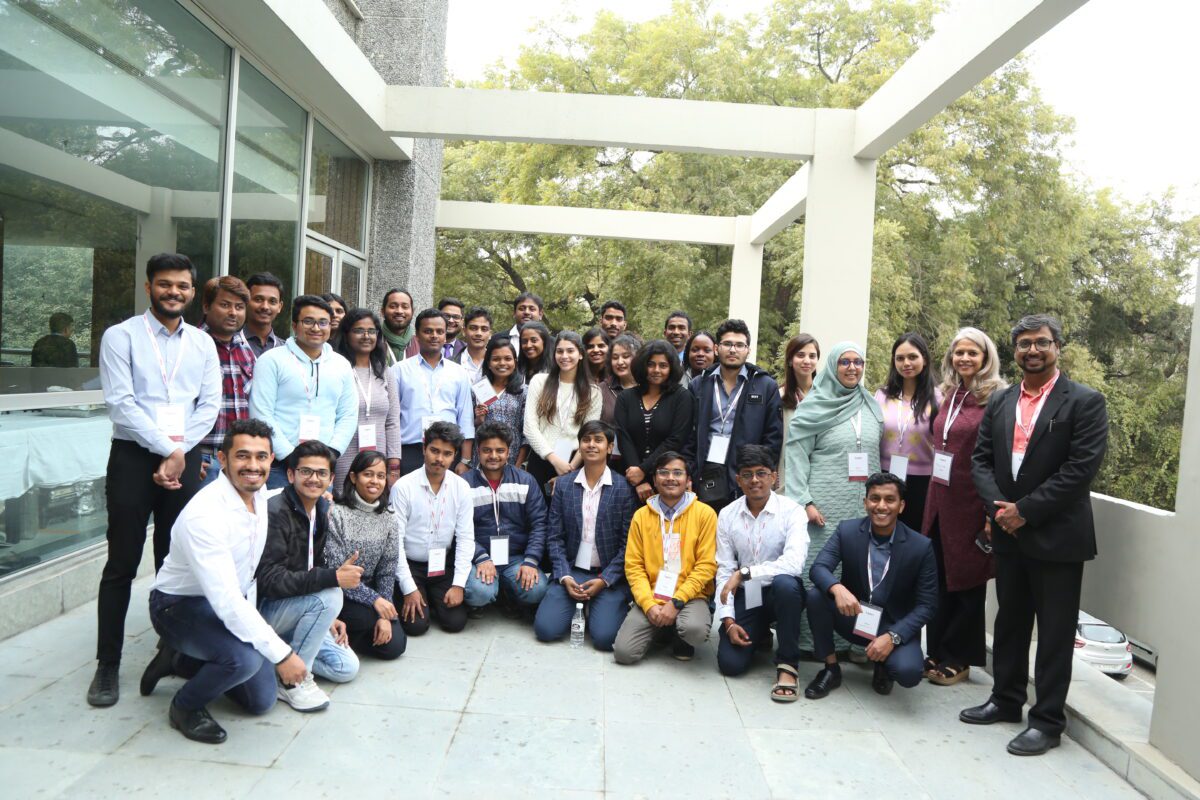
The day was filled with twists and turns – a lot of questions were asked and answered and smiles and moments were shared. A sense of belonging was established and new ideas were formed and initiated among alumni.
This day was a perfect example of ‘like dissolves like and opposites attract.’


